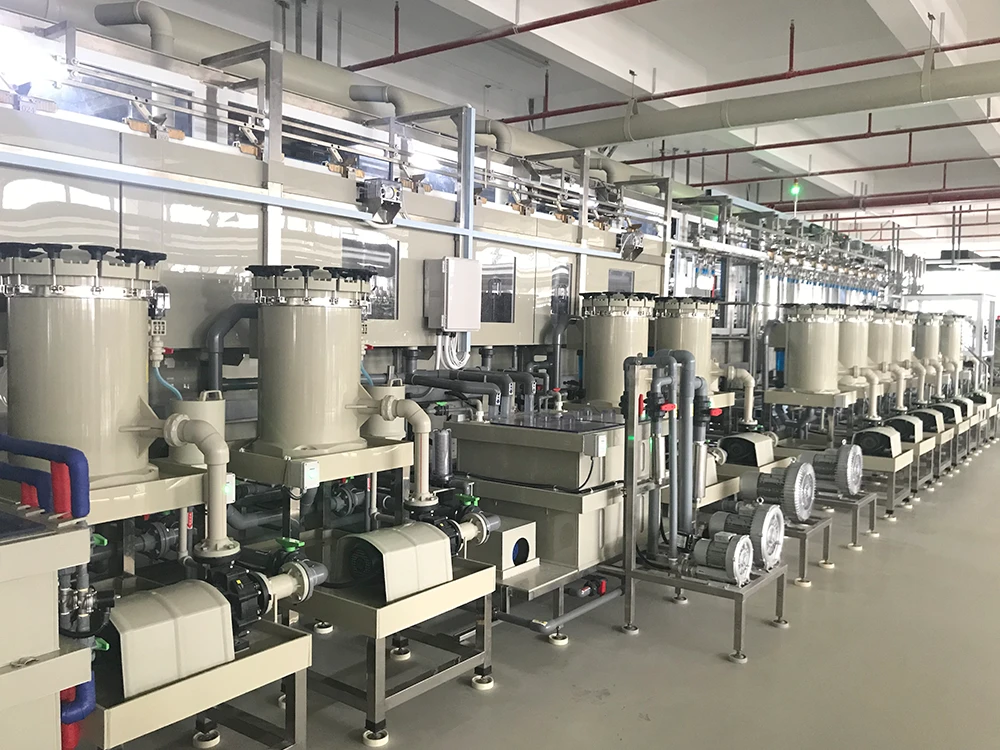
# Electroplating Chemical Filtration Systems for Industrial Applications
Electroplating is a critical process in various industries, including automotive, electronics, and aerospace. The quality of the electroplating process heavily depends on the purity of the chemical solutions used. Contaminants in these solutions can lead to defects in the plated products, reducing their performance and lifespan. This is where electroplating chemical filtration systems come into play.
## The Importance of Chemical Filtration in Electroplating
Chemical filtration systems are designed to remove impurities from the electroplating solutions, ensuring that the plating process is efficient and the final product is of high quality. These systems can filter out particulate matter, organic contaminants, and even dissolved metals that can interfere with the electroplating process.
### Types of Contaminants Removed by Filtration Systems
– Particulate Matter: Dust, dirt, and other solid particles can cause surface defects on the plated items.
– Organic Contaminants: Oils, greases, and other organic compounds can lead to poor adhesion and uneven plating.
– Dissolved Metals: Metals that are not part of the plating solution can cause discoloration and other defects.
## Components of an Electroplating Chemical Filtration System
A typical electroplating chemical filtration system consists of several key components:
– Pre-Filters: These remove larger particles and debris before the solution reaches the main filter.
– Main Filters: These are designed to remove finer particles and contaminants, often using activated carbon or other specialized media.
– Pumps: These circulate the chemical solution through the filtration system.
– Control Systems: These monitor and control the flow rate, pressure, and other parameters to ensure optimal filtration.
## Benefits of Using Electroplating Chemical Filtration Systems
Implementing a robust chemical filtration system in your electroplating process offers numerous benefits:
– Improved Product Quality: Cleaner solutions result in fewer defects and higher-quality plated products.
– Extended Bath Life: Removing contaminants can extend the life of the plating solution, reducing the need for frequent replacements.
– Cost Savings: Fewer defects and longer bath life translate to lower operational costs.
– Environmental Benefits: Proper filtration reduces waste and the need for hazardous chemical disposal.
## Choosing the Right Filtration System
Selecting the appropriate filtration system for your electroplating process depends on several factors:
– Type of Contaminants: Different systems are designed to handle different types of contaminants.
– Flow Rate: The system must be able to handle the volume of solution used in your process.
– Maintenance Requirements: Consider the ease of maintenance and the availability of replacement parts.
– Budget: Ensure the system fits within your budget while meeting your filtration needs.
## Conclusion
Electroplating chemical filtration systems are essential for maintaining the quality and efficiency of the electroplating process. By removing contaminants, these systems help produce high-quality plated products, extend the life of plating solutions, and reduce operational costs. Investing in the right filtration system can significantly enhance your industrial electroplating operations.
Keyword: electroplating chemical filter
